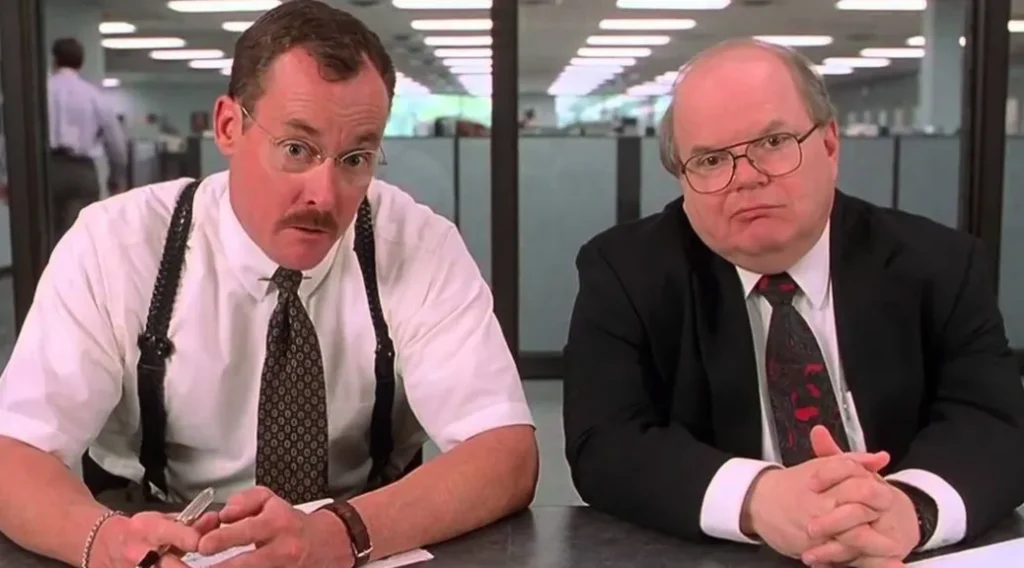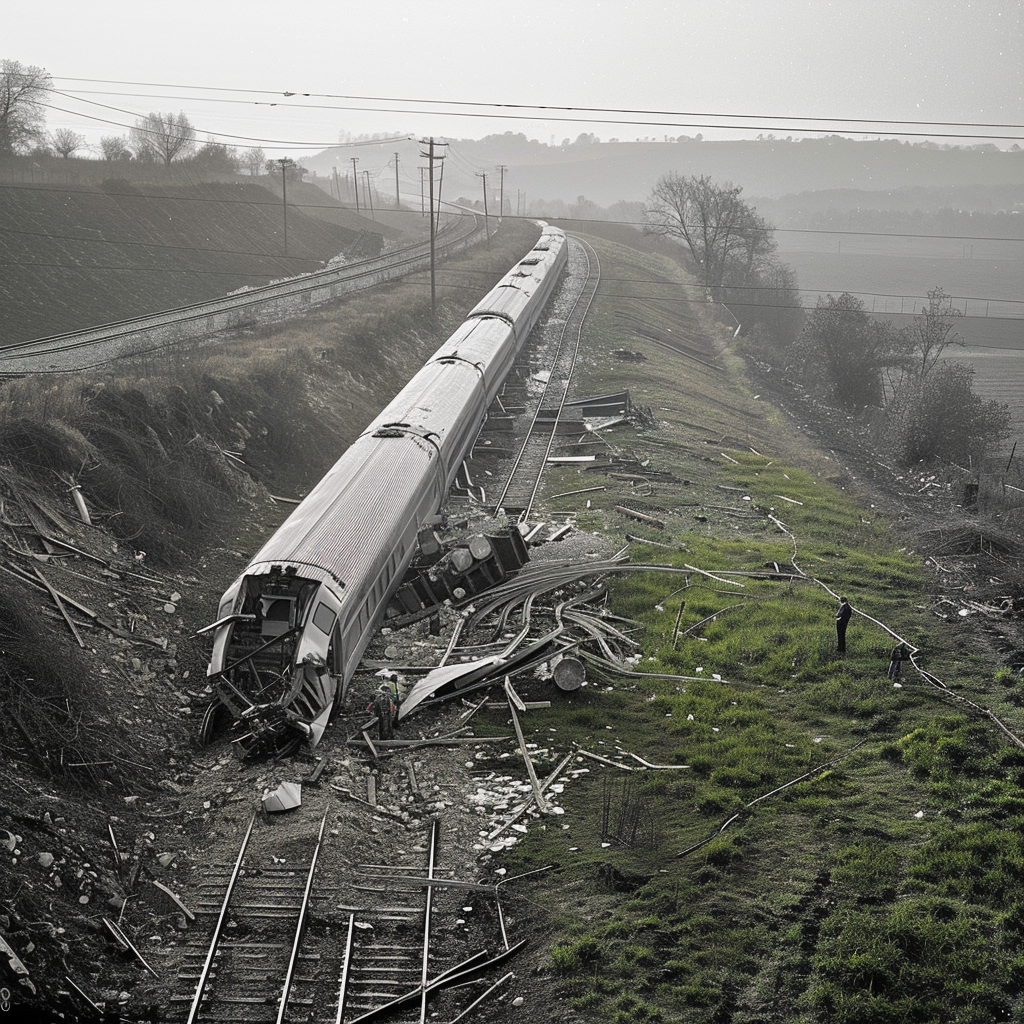You’re the founder and CEO of a rapidly scaling startup. It’s year three. Some big wins have happened recently—you nailed your Series B, hired your first CMO, doubled the size of your team, and you’re actually profitable. But your company’s future is far from secure: a new competitor is undercutting you on price and poaching talent. Last month you lost a major customer. And the work you do feels less game-changing than it used to.
You walk into the office at 9AM after getting three hours of sleep, and are disappointed to see it’s only half full. At 5PM, you notice people already starting to trickle out. You feel frustrated. You wonder—if we’re not all putting in the time, how are we going to make it?
You’re not the only one. As the rate of disruption speeds up, founders are tasked with matching it. We’re all putting in more and more hours in a daily attempt to stem the tide. The question is, is all that hard work paying off?
When you’re at the helm of a growing startup, putting your nose to the grindstone often feels like the only option. That’s because conventional wisdom tells founders to believe three things:
-
“If your team isn’t at their desks, value isn’t being created.” In a knowledge economy, few of us have a stack of widgets we can point to at the end of the day. So the time people put in sitting at a desk can feel like one of the only performance indicators.
-
“If you’re not working 24/7, you’re letting everyone down.” Founders are told over and over that you have to sacrifice your life to succeed. Burning the midnight oil to get that presentation done? You’re a star. Working through that vacation? You’re a real team player. More feels like more.
-
“If you’re busy, it will make you look good.” The culture of entrepreneurship dictates that back-to-back meetings and no free time = status. This tidal wave of peer pressure is hard to beat. We praise busy-ness.
But keep believing it and you’ll end up with behaviors that will break your business. Here’s why:
-
Presenteeism. Just because people are at their desks, doesn’t mean they’re working. Presenteeism—when you’re on the job, but not functioning well due to exhaustion or stress—costs companies $150 billion every year. Odds are, it’s costing yours, too.
-
Mental illness. Entrepreneurs are more likely than most to suffer from mental illness. Not staying healthy, not getting enough sleep, and not making time for yourself is a recipe for burnout. And when you burn out, say goodbye to running your business.
-
Inefficiency. Feeling busy all the time as a leader isn’t a badge of honor. It’s a sign your way of working is broken. Most European cultures already consider overtime a signal of inefficiency. And if you expect people to work 24/7, know that eventually, they’ll leave.
So why is it so easy for founders to keep believing the conventional wisdom? The answer is in our own psychology. Human beings don’t act rationally. We’re wired to default to our habits. We submit to confirmation bias without even realizing it. And the irresistible allure of social proof —look, everyone else is doing it!—can sway us.
A few pedal-to-the-metal weeks a year are inevitable for any startup. But if you’re always working yourself to the bone, then you and your team won’t have the energy for those times when putting in the long hours really counts. The challenge is to find ways to work more effectively. Try using these two even-overs to start making that happen:
-
Priorities even over opportunities. Without a basis for decision-making, people will do whatever they think is a good use of their time. Choose a team that can ruthlessly prioritize even over a team that is visibly working hard 24/7. Upskill your team on how to create their own even overs (yes, we can help with that) and reap the dividends of laser focus.
-
Purpose even over pressure. It’s normal for morale to dip when you scale up your team. You lose ground to social complexity. When that happens, expecting people to “work harder” will only compound the problem. Instead, take the time to reconnect everyone to your core purpose and to the customers you’re here to serve. The closer you keep people to the problems your company solves, the better their work will be—and the more likely they’ll stay motivated.
For founders and other leaders who care deeply about their mission, the work is never done. You’re here to accelerate, steward, and scale a company that you hope will change the world. Working more effectively, not just harder, will get you there faster.













